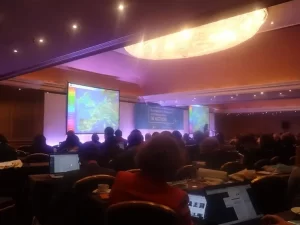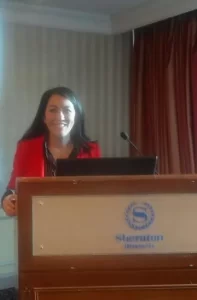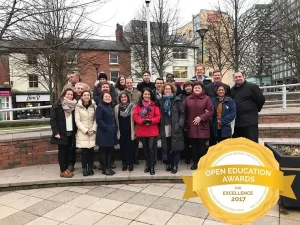The methods and tools offered by the td-net toolbox specifically focus on jointly developing projects, conducting research and exploring ways to impact in heterogeneous groups. They are intended to help shape collaboration between experts and stakeholders from science and practice in systematic and traceable ways.
Methods and tools for co-producing knowledge
This web portal offers a point of entry to widespread methods and tools for collaboration between experts and stakeholders from science and practice for tackling real-world, context-sensitive societal challenges.
When targeted at tackling societal challenges, inter- and transdisciplinary research involves varying points of view, interests or political goals. Ways of how research can be societally relevant need to be identified. Specific tools that help to deal with these challenges and shape collaboration between experts and stakeholders from science and practice in systematic and traceable ways are therefore needed.
The resources provided in this portal are contributed by experts from the international community of transdisciplinarians and related academic fields.
Explore methods and tools for co-producing knowledge
You can search for methods using process phases, key issues, the list of methods compiled in our own toolbox or related toolboxes:
-
Search by phases – Explore which methods and tools can support you in specific process phases like framing a problem or jointly conducting research.
-
Search by key issues – Find support in typical situations like integrating knowledge across fields of expertise, identifying people to involve, embracing differences, tensions and conflicts in a transdisciplinary group, etc.
-
td-net toolbox – Check out selected methods and tools for co-producing knowledge in heterogeneous groups, compiled in the td-net toolbox.
-
Related toolboxes – Find related toolboxes using the following categories: Knowledge synthesis and integration | Stakeholder engagement | Participatory research | Research in teams | Collaboration among disciplines | Design thinking | Impact-oriented research
https://naturalsciences.ch/topics/co-producing_knowledge/methods/td-net_toolbox







